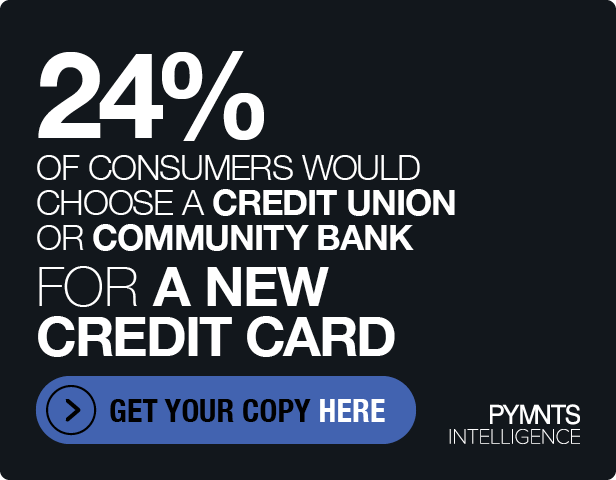FinTech Remitly Makes Move Toward $5 Billion New York IPO

The FinTech startup Remitly is taking steps toward an initial public offering (IPO) in New York that could give the remittance platform a $5 billion valuation, WTBV reported, citing sources.
Remitly has partnered with investment banks — Goldman Sachs, J.P. Morgan Chase and Barclays — to move the IPO process forward. The firm itends to file before the end of the year. The Seattle, Washington company was valued at $1.5 billion in a July funding round.
Remitly, which was founded in 2011, has the backing of Generation Investment Management as well as Amazon’s family office and PayU, a division of Prosus NV, the article indicated.
“We’re focused on creating a strong, sustainable business, serving customers and fulfilling our vision,” Remitly said in a statement, per WTBV.
In 2019, remittances of roughly $548 billion in 2019 were transferred to low- and middle-income countries by overseas workers, WTBV reported, per World Bank data. Some regions — such as Tonga, Haiti and Lebanon — rely on remittance inflows, which can account for more than one-third of the gross domestic product (GDP).
Remitly said in August 2020 that its mobile wallet network doubled in size due to the worldwide pandemic and increased its customer base to 300 million users. The platform added 11 new mobile wallet brands to its network, bringing the total to 25.
Raj Agrawal, Western Union CEO, told PYMNTS’ Karen Webster that the pandemic drove increased demand for international and domestic money transfers, as well as the need for people to send money digitally.
In July 2020, Remitly raised $85 million at a $1.5 billion valuation. Earlier last year, the World Bank was expecting global remittances to drop off by 20 percent due to the pandemic. Remitly, however, saw a 200 percent surge in new customers.
Matt Oppenheimer, Remitly co-founder and CEO, said that the future of remittances has always been digital, but it got an acceleration boost due to the pandemic.
